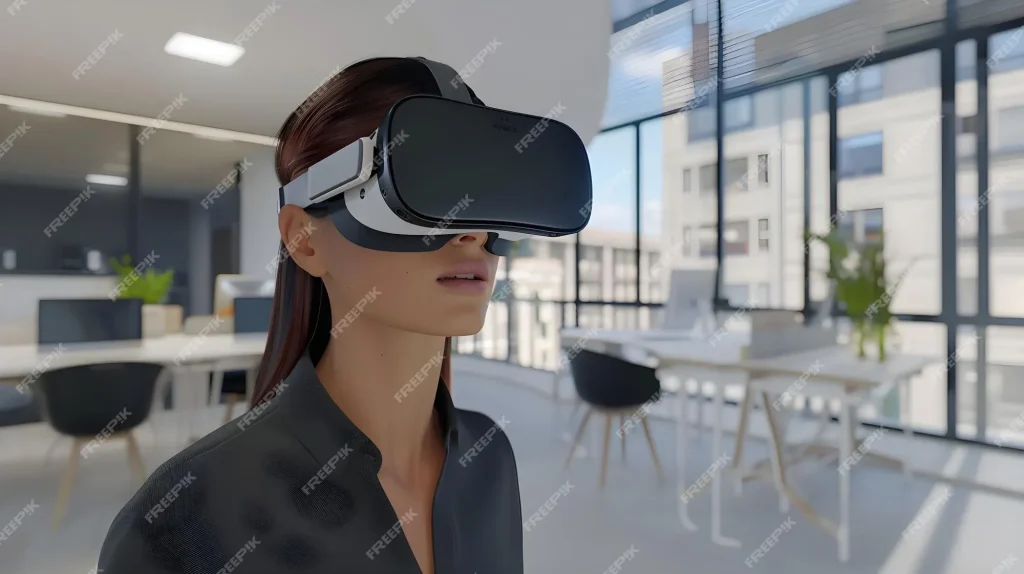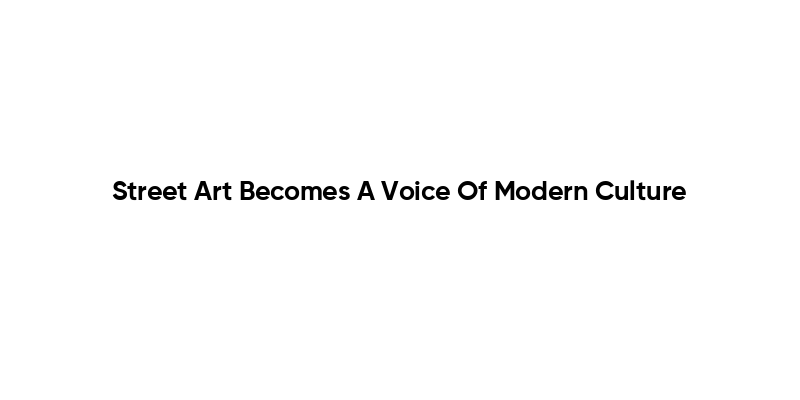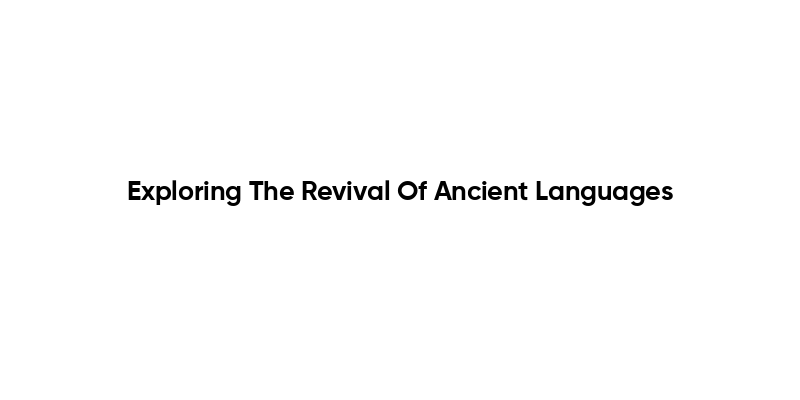Navigating contemporary reality has become increasingly complex as the line between the real and the simulated blurs. In a world where digital dissociation is rampant, the impact of technology shapes our perceptions in ways we often fail to acknowledge. The psychological effects of media can distort our understanding, leading to a reality that feels disjointed and overwhelming. As we try to comprehend the modern political landscape, we find ourselves grappling with a whirlwind of information that can leave us feeling detached from genuine human experiences. In this context, understanding reality distortion is essential for reclaiming our sense of self amid an avalanche of curated content that seeks to shape our beliefs and emotions.
Navigating the currents of today’s digital existence can feel like a daunting task, as we grapple with a landscape increasingly defined by pervasive technology and media influence. The disconnect many feel from reality stems from a phenomenon where our experiences and perceptions are mediated by screens and social networks. In this urgent dialogue, concepts such as emotional detachment and the pervasive influence of technological narratives dominate discussions of our lived experience. The chaotic interplay of fast-moving news cycles, sensational content, and the complexities of modern governance creates obstacles that obscure an authentic grasp of our world. To truly engage with the fabric of our contemporary existence, we must delve deeper into the unsettling dynamics of how information is presented and consumed.
The Psychological Effects of Media Consumption
In today’s hyper-connected world, media consumption has a profound impact on our psychological state, often leaving us in a state of digital dissociation. As we scroll through countless feeds, our minds are bombarded with a constant stream of images and messages that, while visually engaging, can also create a distorted perception of reality. This barrage of information often leads to feelings of anxiety and detachment, as our psyche struggles to differentiate between what is real and what is artificially constructed. The result is a pervasive sense of confusion that clouds our capacity for critical thinking.
The psychological effects of media consumption extend beyond mere distraction; they can fundamentally alter our understanding of self and society. As we engage with content that portrays exaggerated realities, our expectations can shift dramatically, leading to a disconnect from tangible experiences. This growing rift can foster feelings of impotence in the face of modern political turmoil, prompting many to retreat further into their screens. The implications of this dissociation are profound: not only is our grasp on reality diluted, but the dynamics of how we relate to one another and the world around us are irrevocably changed.
Understanding Reality Distortion in Digital Age
Understanding reality distortion in the digital age requires a keen analysis of the psychological effects of technology on our cognition. As the algorithms governing our social media feeds prioritize sensational content, our realities become increasingly cluttered with narratives that may not reflect actual events. This distortion can engender a sense of disorientation, as individuals grapple with the overwhelming presence of misinformation alongside genuine news. Consequently, our perspectives on critical issues—such as political landscapes or social justice—become increasingly conditioned by what we are fed online, leading to a fragmented understanding of the world.
Moreover, this distortion is not only psychological but also deeply societal, as collective beliefs morph under the influence of pervasive digital narratives. When reality is filtered through the lens of algorithms, the scope of public discourse shrinks, fostering echo chambers that reinforce biased views. As we navigate contemporary reality, our ability to discern truth from falsehood is eclipsed, leaving many to question whether their perceptions are genuinely theirs or products of manipulative media. Understanding this distortion is vital, as it underscores the importance of critical media literacy in an era where truth seems more elusive than ever.
Navigating Contemporary Reality: Challenges and Strategies
Navigating contemporary reality requires a multifaceted approach to confront the challenges posed by the digital landscape. The overwhelming influx of information reshapes our daily experiences, making it essential to develop strategies for effectively managing our media consumption. Techniques such as digital detoxes, mindful media consumption, and critical engagement with content help mitigate the psychological effects of constant connectivity. By setting boundaries and curating what we expose ourselves to, we can begin to reclaim our cognitive autonomy and foster a healthier relationship with technology.
Equally important is cultivating a critical perspective towards the narratives we encounter daily. This involves questioning the validity of sources, seeking diverse viewpoints, and understanding the underlying motives behind media messaging. Engaging in dialogues with others about the impact of technology can also enhance our perceptual clarity, as shared insights provide new lenses through which to interpret information. Ultimately, navigating contemporary reality is about finding balance; while technology offers connectivity and information, it is up to us to discern the value of what we consume and to prioritize reality over curated illusions.
Digital Dissociation and Its Implications
Digital dissociation is a growing phenomenon in an age characterized by constant digital interaction. As we consume media designed to be engaging and addictive, the lines between reality and distraction blur, leading to a type of cognitive disconnection. This dissociation can make it more challenging to focus on important issues, such as political events and social justice, as our attention becomes fragmented by the noisy digital environment. As a result, meaningful engagement in these areas suffers, creating a society that is increasingly disengaged from crucial civic responsibilities.
The implications of digital dissociation extend beyond personal experience—it shapes how communities form and respond to social issues. When people are relegated to passive consumption rather than active participation, their ability to effect change diminishes. The urgency felt around critical issues fades as individuals retreat into digital distractions, creating a loop of detachment that can lead to societal apathy. To address these challenges, it is essential to foster environments that encourage active dialogue, community involvement, and a return to grounded reality, away from the constant allure of distraction.
Impact of Technology on Political Awareness
The impact of technology on political awareness is profound, altering how individuals engage with current affairs. Through the lens of social media, political narratives are disseminated at lightning speed, yet the accuracy of these narratives often remains in question. This rapid information exchange can lead to a superficial understanding of complex political issues, as users are more likely to rely on headlines or soundbites rather than in-depth analysis. Consequently, political engagement may falter, leading to a populace that feels disempowered and disconnected from decision-making processes.
Additionally, the algorithms that govern what information individuals receive can create echo chambers that reinforce existing beliefs rather than challenge them. This environment lowers the possibility of encountering diverse perspectives, resulting in polarized communities. The consequence is a political landscape rife with misinformation and misunderstandings, making it more challenging for citizens to navigate the intricacies of governance and civic duty. Promoting media literacy and critical thinking is essential in counteracting these trends, encouraging individuals to seek a more substantive engagement with the political realities that affect their lives.
Exploring the Horrors of Modern Political Landscape
The horrors of the modern political landscape manifest daily, often through sensational media portrayals that amplify the distressing realities of governance. As political events unfold, the media plays a pivotal role in shaping public perception, sometimes accentuating the most alarming elements to draw in viewers. This focus can create a warped understanding of the political climate, fostering fear and anxiety while displacing constructive discourse. Events that are inherently tragic become fodder for a cycle of outrage that often fails to translate into meaningful action or reform.
Furthermore, the normalization of horror in political reporting can desensitize individuals, leading to apathy and resignation about government practices and policies. As citizens are bombarded with distressing headlines, they may feel overwhelmed and powerless, opting to disengage from the conversation altogether. However, it is crucial to break this cycle by promoting understanding and awareness of the mechanisms that sustain these horrors. By fostering a climate of active engagement and dialogue, we can encourage the reclamation of agency within the political sphere, addressing the pervasive horrors that continue to define our contemporary realities.
Reality and Its Digital Facsimiles
The digital age presents a unique conundrum regarding the nature of reality and its facsimiles. Social media platforms and AI technologies have enabled the creation of hyper-realistic representations of life that blur the lines between authenticity and fabrication. As we navigate a landscape saturated with digitally manipulated images and narratives, discerning true reality becomes increasingly challenging. These facsimiles can evoke strong emotional responses, often leading individuals to question their own experiences and perceptions in relation to what appears online.
This disorientation threatens to undermine our collective understanding of reality, as the prevalence of artificial representations cultivates a culture of skepticism towards genuine experiences. Authentic moments can feel overshadowed by enhanced digital portrayals, leading to feelings of inadequacy and detachment. To counteract this, it is imperative that we critically assess the media we consume and remember the value of real experiences, nurturing a connection with the world that remains grounded in authenticity despite the allure of its digital counterparts.
Challenging AI’s Role in Shaping Our Perception
As AI technology mushroomed, its role in shaping our perceptions became increasingly critical. Algorithms analyze our preferences, feeding us content tailored to maintain our engagement, which in turn influences our beliefs and priorities. This cyclical dynamic raises concerns about free thought; when exposed solely to content that aligns with existing viewpoints, individuals risk developing narrow perspectives that hinder personal growth and understanding. Essentially, AI has the power to construct a reality that is selectively curated, bypassing the broader spectrum of human experience.
Moreover, the use of AI in generating fabricated identities and personas adds another layer of complexity to how we perceive others and ourselves. Whether through personalized marketing strategies or influencer-generated content, individuals may find themselves comparing their lives to exaggerated or intersectional versions of reality. The psychological implications involve increased anxiety, decreased self-esteem, and an overall detachment from one’s true identity. Challenging the omnipresence of AI requires conscious decisions to seek out diverse sources of information and engage in critical discussions that illuminate our understanding of reality without the filter of artificial influence.
The Urgency of Reclaiming Authenticity in Communication
In an era where misinformation and digital distortions proliferate, reclaiming authenticity in communication has become more essential than ever. Social media platforms, once heralded for democratizing communication, often compromise genuine interactions by prioritizing engagement over truth. This shift leads to a cascade of misrepresentations and echoes destructive narratives that can further entrench societal divides. Engaging in honest, values-based communication fosters a culture where ideas can be shared, challenged, and refined, paving the way for more thoughtful discourse.
To reclaim authenticity, individuals must commit to being discerning consumers of information while also being authentic in their communications. This involves fostering environments where open dialogue is encouraged, allowing diverse perspectives to coexist and be examined critically. By grounding conversations in empathy and understanding, we can combat the narrative of division propagated by digital platforms. Ultimately, the urgency of reclaiming authenticity necessitates a collective effort to prioritize truth, transparency, and human connection, elevating civic engagement in the face of overwhelming digital distractions.
Frequently Asked Questions
What does navigating contemporary reality mean in the context of digital dissociation?
Navigating contemporary reality involves understanding how digital dissociation—an emotional and cognitive detachment caused by excessive use of technology—affects our perception of the world. This dissociation can make it challenging to process real-life events, leading individuals to feel disconnected from their surroundings and engage more with virtual content rather than tangible experiences.
How does the impact of technology shape our understanding of reality in today’s society?
The impact of technology profoundly shapes our understanding of reality by saturating our daily lives with digital information and images that often distort our perceptions. This barrage can create a sense of confusion and disconnection, as users may find it difficult to distinguish between authentic and manipulated content, leading to a distorted view of events in the modern political landscape.
What are the psychological effects of media on our ability to navigate contemporary reality?
The psychological effects of media, particularly in an age dominated by social platforms, can lead to anxiety, altered cognitive functioning, and a sense of helplessness when confronting grim news. This exposure can hinder our ability to effectively engage with the reality around us, manifesting as emotional numbing or detachment, often termed as psychological dissociation.
How can one cope with the challenges of understanding reality distortion in today’s digital world?
Coping with the challenges of reality distortion in today’s digital environment requires active engagement in critical thinking and media literacy. Individuals should strive to vet information sources, limit exposure to overwhelming content, and establish a digital detox routine to reconnect with the real world, fostering grounding experiences beyond screens.
In what ways does the modern political landscape contribute to feelings of anxiety and disconnection?
The modern political landscape contributes to feelings of anxiety and disconnection by presenting a rapid-fire stream of crises and controversies, often amplified through social media. This hyper-real environment can overwhelm individuals, causing them to disengage or experience cognitive overload, exacerbating their struggles with navigating contemporary reality.
How can we understand the phenomenon of digital dissociation as it relates to our perception of current events?
Digital dissociation can be understood as a psychological response to the constant influx of information regarding current events. As individuals consume distressing news or manipulated images, they may retreat into a dissociated state, making it difficult to process such information deeply and critically, further complicating our navigation of contemporary reality.
What practices can help improve our navigation of contemporary reality amidst technological distractions?
Practices that can improve our navigation of contemporary reality include setting boundaries on technology use, engaging in mindfulness activities, actively participating in community discussions, and prioritizing real-life connections over virtual interactions to cultivate a deeper understanding and engagement with the world around us.
How do the psychological effects of media influence our civic engagement in the modern political landscape?
The psychological effects of media can significantly influence civic engagement by either empowering individuals to take action or fostering apathy due to overwhelming negativity. This duality can complicate how people respond to societal issues, as constant exposure to distressing content can lead to feelings of helplessness, impeding proactive responses in the modern political landscape.
What role does understanding reality distortion play in navigating contemporary reality effectively?
Understanding reality distortion is pivotal in navigating contemporary reality effectively as it equips individuals with the awareness to critically assess the digital content they encounter. Recognizing distortions enables them to engage more thoughtfully with information, distinguish truth from fabrication, and foster a more accurate perception of the world.
What implications does the excessive use of technology have for our mental health and perception of reality?
Excessive use of technology can lead to negative mental health outcomes, such as anxiety, depression, and a skewed perception of reality. It can result in an overwhelming reliance on virtual reality and information that may not accurately reflect the world, ultimately impairing our ability to connect and respond meaningfully to real-life situations.
| Key Points | Details |
|---|---|
| Cognitive Opacity | An increasing feeling of disconnect and confusion about reality and language. |
| Impact of Technology | Smartphones and social media warp our perception of time, enticing dissociation from reality. |
| Political Disillusionment | The rapid pace of Trump’s presidency and the overwhelming nature of current events lead to numbness and detachment. |
| Crisis in Gaza | The ongoing suffering in Gaza is overwhelming yet often accepted as part of daily news consumption. |
| Real vs. Fake | The surge of AI and fake content blurs the line between reality and illusion, creating confusion. |
| Self-Detachment | A retreat into a fabricated existence is easier than confronting harsh realities. |
| Parental Concerns | The potential impact of AI and technology on the next generation raises alarming questions about the future. |
Summary
Navigating contemporary reality has become increasingly challenging in a world saturated with disinformation and overwhelming crises. The feeling of cognitive opacity described in Jia Tolentino’s reflective piece paints a vivid picture of our current struggles: the collapse of meaning in language, the speed of unfolding events that leaves us numb, and a relentless pace of technological advancement that blurs distinctions between the real and the fabricated. As we confront these multifaceted issues—from political turmoil to the horrors of conflict—finding clarity and meaning becomes essential for our collective psychological survival. Engaging critically with our surroundings rather than opting for detachment emerges as a necessary step in striving for a more authentic understanding of our shared reality.



